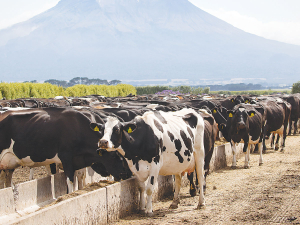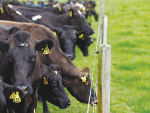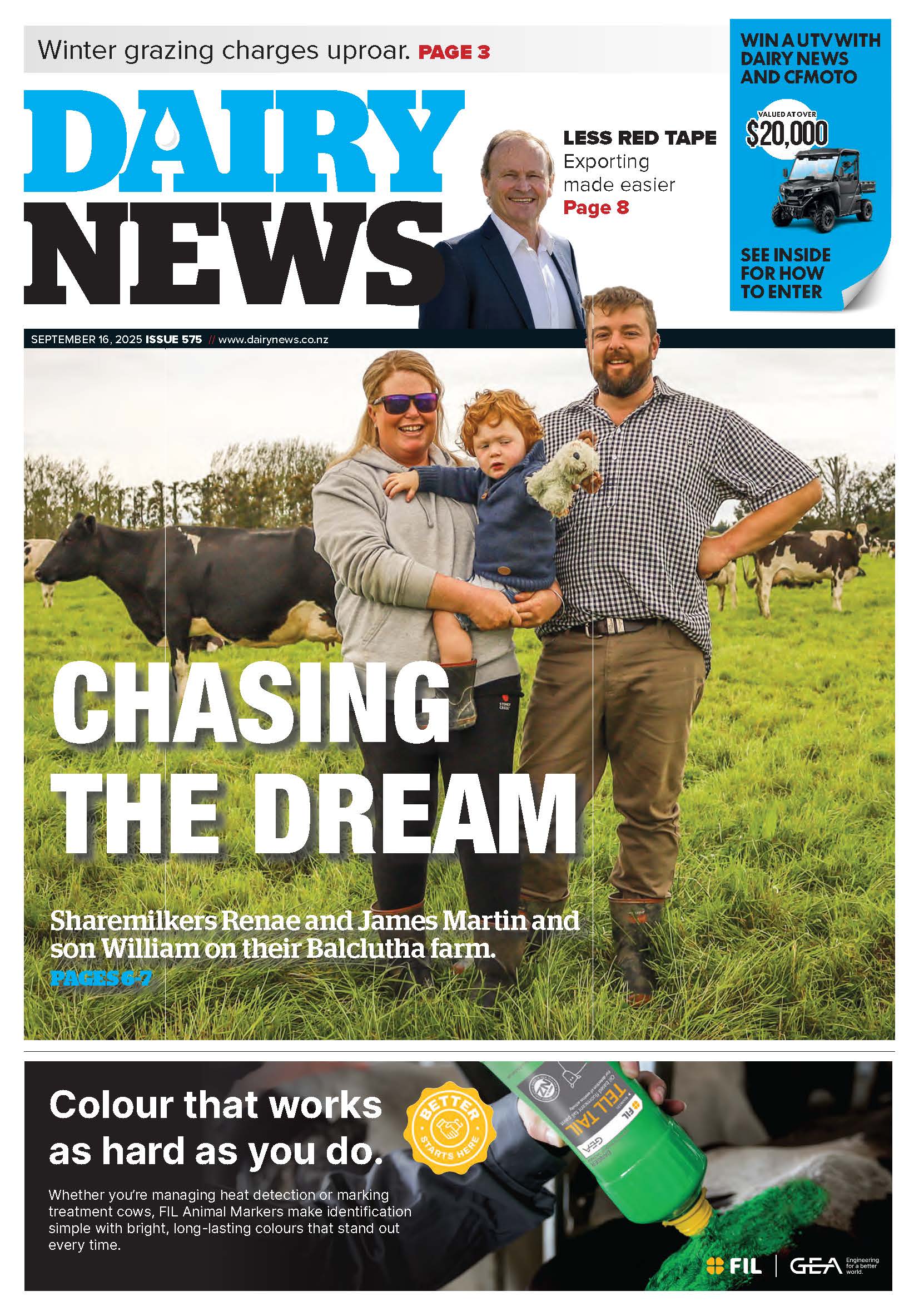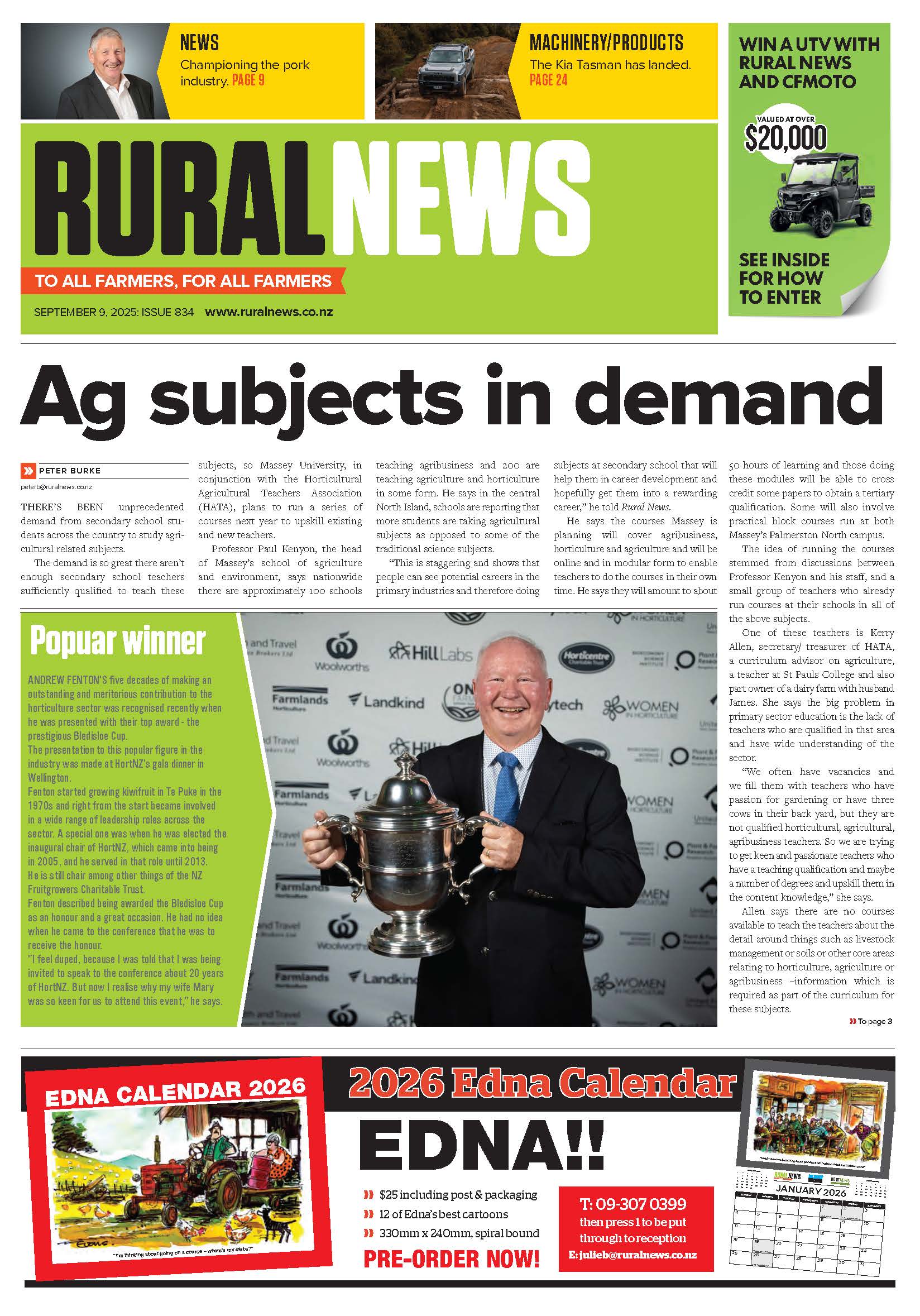A new report from the Regulations Review Committee has recommended a review of how secondary legislation is developed under the Animal Welfare Act 1999.
The Animal Welfare Act sets out how people should take care of and act towards animals.
Currently, it is jointly enforced by the Ministry for Primary Industries and the Royal New Zealand Society for the Prevention of Cruelty to Animals (RNZSPCA).
The Briefing on Animal Welfare Secondary Legislation report follows on from a 21 September hearing with the New Zealand Animal Law Association (NZALA) about its report, Farmed Animal Welfare Law in New Zealand: Investigating the Gap between the Animal Welfare Act 1999 and its Delegated Legislation.
That report found there was a gap between the standards of animal welfare envisioned by the Animal Welfare Act 1999 and the standards set in the codes of welfare and regulations made under the Act.
The NZALA claimed in its report that this secondary legislation failed to ensure the physical, health, and behavioural needs of animals are met as they are required to be under section 10 of the Act.
The Regulations Review Committee found that section 183A of the act, which allows the Governor-General or the Minister of Agriculture to make laws under the Animal Welfare Act, states regulations made under that particular section of the act do not have to follow section 10.
Currently, the Animal Welfare (Care and Procedures) Regulations 2018, the regulations that establish procedures for handling of a variety of animal species, are the only regulations made under Section 183A of the Animal Welfare Act.
The committee concluded that a high volume of complaints about regulations made under the Animal Welfare (Care and Procedures) Regulations 2018 highlighted numerous issues with the process for creating secondary legislation under the Act.
Animal rights charity SAFE’s chief executive Debra Ashton agrees, saying the current animal welfare framework is overdue for a shake-up.
“We need to wait and see what this review looks like, but this could be a game-changer for animals,” Ashton says.
“Clearly, the process right now for developing codes of welfare is deeply flawed,” she says.
Ashton claims a lack of independent advice has led to a situation in which welfare codes do not align with the Act.
“Our expectation is that the Government appoints an independent Commissioner for Animals to conduct this review. The Commissioner should then have continued oversight of the enforcement and regulatory regime,” she says.



















